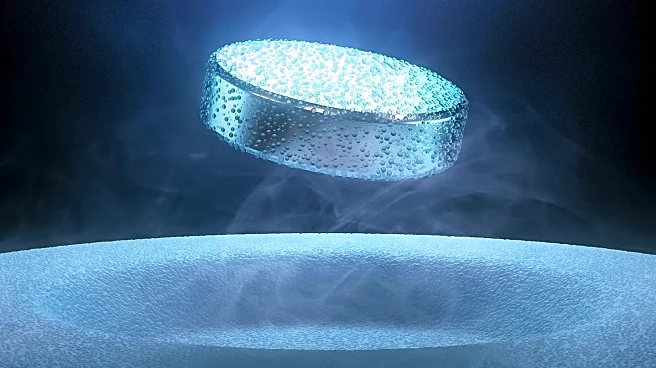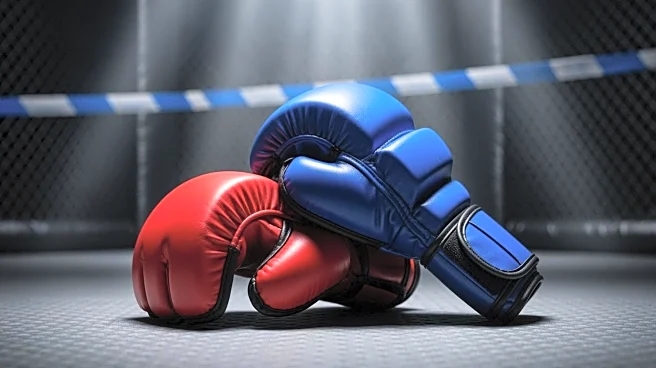What is the story about?
What's Happening?
Recent studies indicate that exposure to heat significantly increases the release of microplastics from everyday items like food packaging and polyester clothing. Researchers have found that hot drinks contain more microplastic particles than cold ones, and heating plastic containers can release billions of nanoplastics. The findings highlight the role of heat in accelerating the breakdown of plastic polymers, leading to increased microplastic contamination.
Why It's Important?
The presence of microplastics in food and beverages raises concerns about potential health risks, as these particles have been linked to various diseases. Understanding the factors that contribute to microplastic release can inform consumer choices and regulatory policies aimed at reducing exposure. The findings emphasize the need for public awareness and action to minimize the impact of microplastics on health and the environment.
What's Next?
Researchers suggest avoiding the use of plastic containers for hot food and drinks as a simple measure to reduce microplastic exposure. The findings may prompt further studies on the health effects of microplastics and the development of safer alternatives to plastic packaging. Policymakers may consider regulations to limit the use of plastics in food-related applications.
Beyond the Headlines
The study highlights the broader implications of plastic pollution, emphasizing the need for sustainable materials and practices. The findings may contribute to discussions on the environmental impact of consumer products and the role of innovation in addressing global challenges.
















